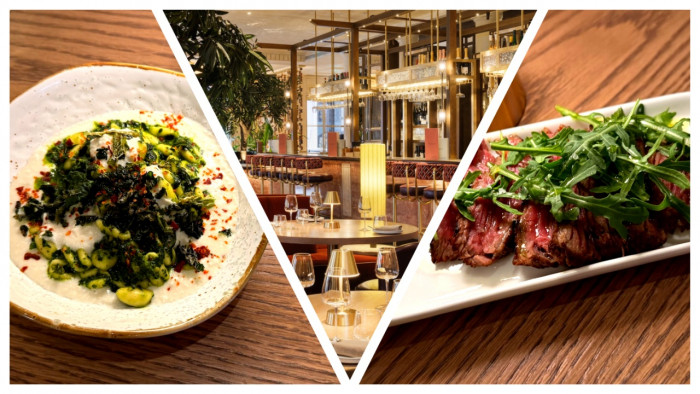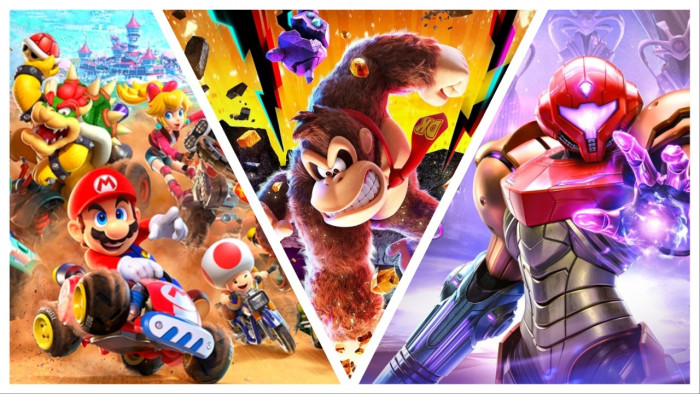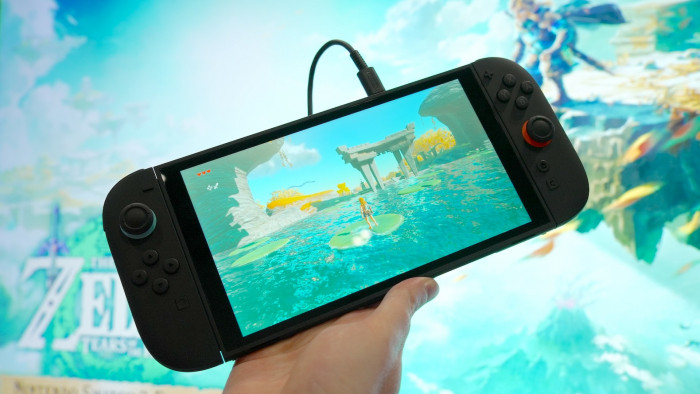George Foreman on why Muhammad Ali was so much more than a 'boxer'
“A prophet. A hero. A revolutionary.”


This article was originally published by ShortList during January 2012 to mark Muhammad Ali's 70th birthday. Considering the circumstances we were tempted to to edit or shorten the words below, we have however decided that they are perfect as they are. One great fighter remembered by another as being bigger than any ring that he stood in, or any world that held him.
I remember I was preaching on the street one night, many years ago. I’d gained pounds, cut off all my hair; no one recognised me, I was just a crazy man on the street corner. So I started to say, “Yes, this is George Foreman. I was the heavyweight world champion,” but people kept walking. Then I said, “I fought Muhammad Ali,” and they stopped. Right then I realised that this guy was helping me carry my message, that he was a real blessing — not because he beat me, but because he was in my life at all.
Ali and I spent so many years in opposite camps, then, all of a sudden, 32 years ago, we realised there was only ever one camp. Boy, we missed a lot of precious years, but for 32 years now we’ve been closer than white on rice.
He hasn’t changed. I was talking with him by way of texting recently. I texted a photograph of my new grandbaby and he texted back saying, “She looks just like you!” And the next day I had two photographs of his new grandbabies. I sent him one photograph and he had to out-do me. That’s Muhammad Ali.
If you put Ali in boxing, you won’t get what he really was. The life he lived outside of the ring, what he had to say, the bravery he had, made him what he was: a prophet, a hero, a revolutionary — much more than a boxer. It really brings him down to rate him as a boxer. He only did boxing to run his mouth. Whatever message he was destined to get across, he used boxing to do it. I mean, he could do the shuffle and occasionally throw a good jab, even get a few knockouts, but that doesn’t put him in boxing. Forget about boxing, he’s been a gift to the world.
When I was young, Ali was the first athlete that you would turn on the television to see. He called himself pretty — and he was a handsome boy — and he could do tricks with his feet. He’d tell jokes, make people laugh; you couldn’t miss it. If you didn’t love him, you must have been jealous, which is the same thing as loving him. If I could have recorded him, I would have listened to him 24/7.
I was over-confident when I fought him. I’d gone through fighters who’d beaten him, such as Joe Frazier and Kenny Norton. All I thought was, “Should I be merciful or not?” I thought he was just one more knockout victim until, about the seventh round, I hit him hard to the jaw and he held me and whispered in my ear: “That all you got, George?” I realised that this ain’t what I thought it was.
I’d never lost before. I was so high with this power that for years I was in denial; they cheated me, I got tricked, something was wrong. Then, in 1981, a reporter came to my ranch and asked me: “What happened in Africa, George?” I had to look him in the eye and say, “I lost. He beat me.” Before that I had nothing but revenge and hate on my mind, but from then on it was clear. I’ll never be able to win that match, so I had to let it go.
What I really regret is, when he got up against the ropes, I kept hitting him on the side of his neck. I hit him hard. I wake up sometimes and wish I’d never done that. Not to say I caused his illness, but I cheated a little bit. If I had to do it all over again, I never would’ve fought him.
I don’t find his illness sad, though, as the guy is a hero. He’s still beautiful to me. You can talk with war veterans and not know they have a wooden leg. What they did makes their illness unnoticeable. A hero is a guy that you get into a corner and you beat him and you beat him and you beat him and, rather than going down, he says to himself, “If I go down, all the people that believe in me will go down with me. I must stand.” And because Ali stood, he got injuries. I don’t feel sorry for him; I feel proud that I even know him.
What makes Muhammad Ali special is that he loves life. He didn’t fall in love with being young and doing the shuffle, he fell in love with life. Right now, he’s probably thinking how he’s going to sneak a dessert past his caretakers. He’s still living. He doesn’t hide.
Remember him lighting the torch at the Olympic Games in Atlanta in 1996? He was saying, “I’d love to do this, thank you.” This guy loves life.
I do believe he’s the greatest, but forget about boxing — give that to Joe Louis, or somebody — I believe he’s one of the greatest men I’ve ever met.
Happy birthday, Muhammad Ali. I love you.
George Foreman, January 2012
(Image: Rex Features)








